
Emerging research in triple-negative breast cancer highlights the promise of molecular-based approaches to improve treatment outcomes.

Emerging research in triple-negative breast cancer highlights the promise of molecular-based approaches to improve treatment outcomes.

Adding anthracyclines to chemotherapy may improve survival in high-risk breast cancer patients.

Combining CDK4/6 and PDL-1 inhibitors enhances treatment responses in patients with hormone receptor positive and triple-negative breast cancer.
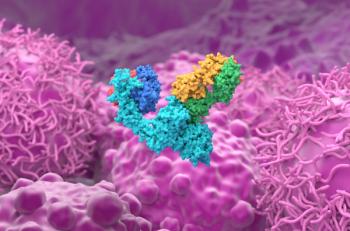
Trastuzumab deruxtecan and trastuzumab emtansine address key challenges such as recurrence and metastases in HER2+ early breast cancer treatment.

Virginia Kaklamani, MD, DSc, shares the role of ESR1 mutation testing and combination strategies to optimize endocrine therapy in patients with metastatic HR+/HER2- breast cancer.

Experts discuss advancements in hormone receptor–positive/HER2-negative breast cancer treatment while addressing safety, diversity, and fertility challenges.

The tumor-agnostic FDA approval of T-DXd for HER2-positive unresectable or metastatic solid malignancies exemplifies the importance of understanding the risks associated with targeted therapy and the need for proactive monitoring strategies.

Targeted therapies, CDK4/6 inhibitors, and precision medicine are improving outcomes for patients with high-risk and metastatic disease.

NCCN recommends ribociclib as a preferred CDK4/6 inhibitor adjuvant therapy for patients with HR+/HER2- EBC in combination with an aromatase inhibitor.
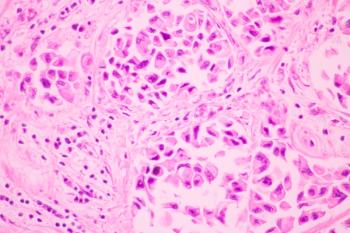
Multiple P13K inhibitors have showed promise in treating genetically-mutated forms of breast cancer.

The KEYNOTE-756 and CheckMate 7FL trials show this combination improves pathological complete response rates in this patient population.

The FDA also approved the FoundationOne Liquid CDx assay as a companion diagnostic device to identify patients who would benefit from the treatment.

The designation was based on results from the DESTINY-Breast06 trial, evaluating fam-trastuzumab deruxtecan-nxki (Enhertu; AstraZeneca, Daiichi Sankyo) compared with chemotherapy.

Pharmacists play a crucial role in supporting patients with HR+/HER2– breast cancer.
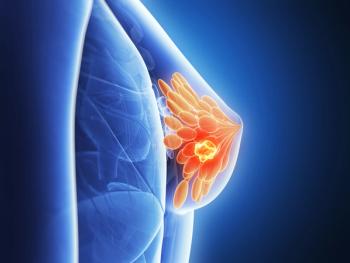
AC699 is being evaluated for patients with estrogen receptor-positive (ER+), human epidermal growth factor receptor 2 negative (HER2–), estrogen receptor 1-mutated advanced or metastatic breast cancer with disease progression on or after at least 1 line of endocrine-based therapy.

Data presented at ASCO 2024 show fam-trastuzumab deruxtecan-nxki (T-DXd) delayed cancer growth in patients with hormone receptor-positive (HR+), HER2-low or -ultralow disease that progressed following endocrine therapy (ET).

The priority review of inavolisib is for treatment of patients with advanced hormone receptor-positive, HER2-negative breast cancer with a PIK3CA mutation.
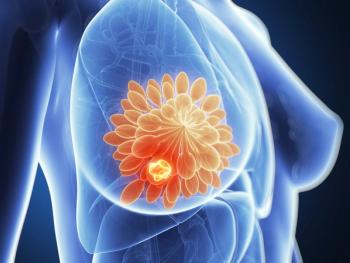
The investigators note that additional research is needed to confirm positive overall survival trends in this patient population.

Trastuzumab is indicated for adjuvant breast cancer, metastatic breast cancer, and gastric cancer.
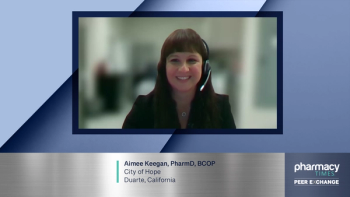
Aimee Keegan, PharmD, BCOP, discusses key unmet needs that the NATALEE trial addresses for patients with HR+/HER2- early breast cancer.

The decision follows phase 3 trial results that demonstrated improved progression-free survival and confirmed the safety of Dato-DXd in patients with breast cancer.

Tucatinib significantly improved median PFS in the overall population and those with brain metastases.

pCR rates improve regardless of whether patients received full chemotherapy doses.

The combination resulted in numerically longer OS compared with an NSAI alone.

The candidate has already demonstrated anti-tumor activity in chemotherapy-naïve patients.